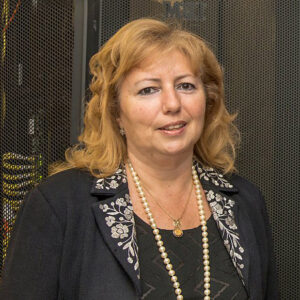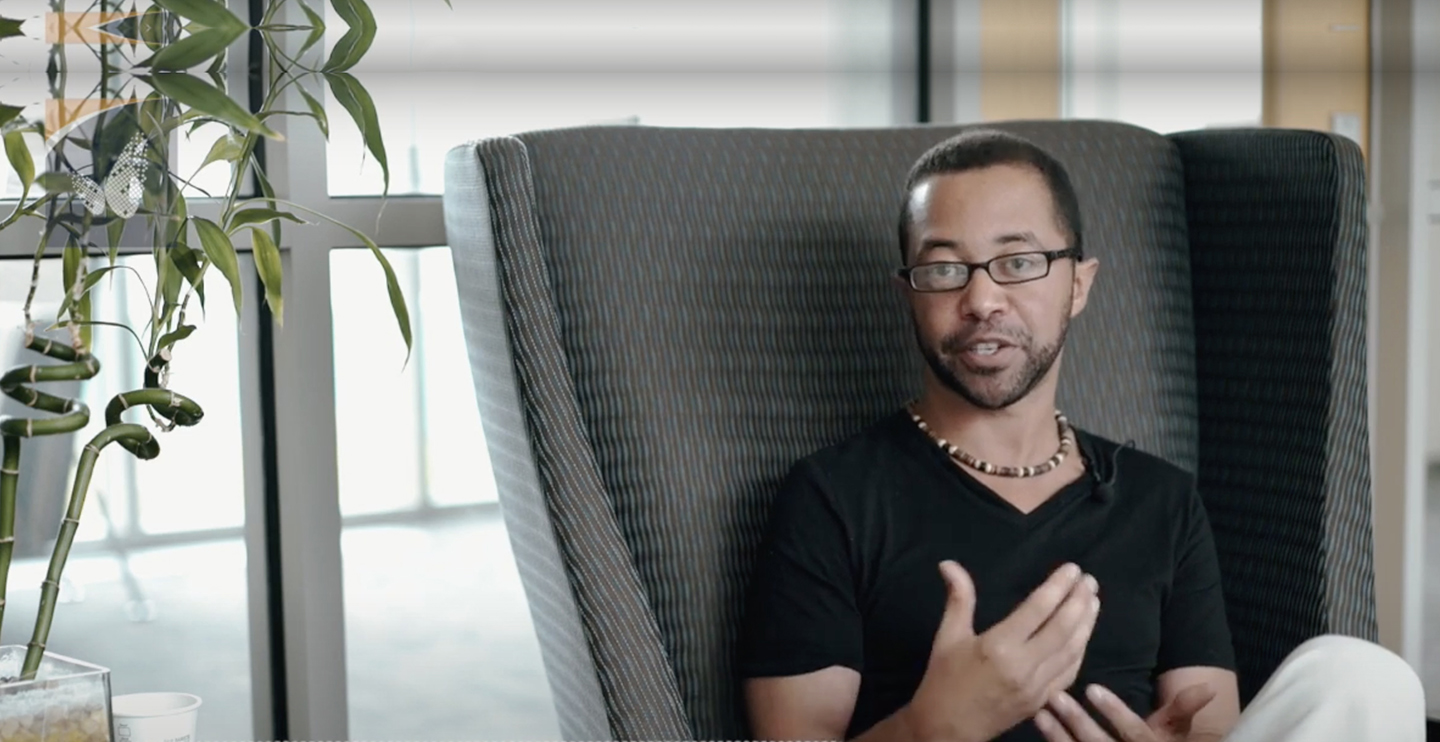Five years ago, representatives from telecommunications companies approached Yelena Yesha in a panic. As they sent more and more satellites into orbit around the Earth, the potential risks for hacking grew with each launch and they wanted guidance from Yesha, a world-renowned computer scientist who has worked extensively in cybersecurity.
 In the years since, corporate fears started becoming reality. In 2022, a Belgium researcher hacked one of Elon Musk’s Starlink nanosatellites by rigging a ground-based user terminal with $25 worth of off-the-shelf parts. In 2023, a multinational team of researchers proved it could hack into a satellite owned by the European Space Agency, and a leaked CIA report revealed that China is building cyber weapons to ‘‘seize control’’ of American satellites.
In the years since, corporate fears started becoming reality. In 2022, a Belgium researcher hacked one of Elon Musk’s Starlink nanosatellites by rigging a ground-based user terminal with $25 worth of off-the-shelf parts. In 2023, a multinational team of researchers proved it could hack into a satellite owned by the European Space Agency, and a leaked CIA report revealed that China is building cyber weapons to ‘‘seize control’’ of American satellites.
As cyber incidents become common with thousands of satellites now circling the Earth, Yesha was approached again this year, but by a different group: NASA. The government space agency was looking for ways to protect its growing constellation of satellites and signed a contract with Yesha’s team at the University of Miami’s Frost Institute for Data Science and Computing (IDSC) to help mitigate cyber risks.
“Anybody can mess with the data, corrupt it,
put something that doesn’t belong there”
Yesha, who runs the AI +Machine Learning unit at IDSC, described the response as a monumental task, especially to address concerns for smaller craft (commonly referred to as nanosatellites or microsatellites), with limited hardware, software, and power budgets. And given that satellites mostly communicate with the ground through basic radio signals, or network between satellites, ‘‘anybody can mess with the data, corrupt it, put something that doesn’t belong there’’ Yesha said. ‘‘We need to protect intersatellite intercommunication in space.’’

Yesha’s team, including Research Associate Professor Phuong Nguyen, Professor of Professional Practice Stephen Dennis, and Assistant Scientist Yusen Wu, are developing a new computational platform that will be used to explore the security of satellite operations using a simulation environment, said Jacqueline Le Moigne, Advanced Information Systems Technology (AIST) Program Manager for NASA’s Earth Science Technology Office (ESTO).
“Dr. Yesha’s work will provide NASA with
zero-trust cybersecurity technologies”
 ‘‘NASA is developing revolutionary capabilities in terms of Intelligent and Collaborative Constellations of Smallsats communicating seamlessly with ground and airborne sensors,’’ Le Moigne said. ‘‘Dr. Yesha’s work will provide NASA with zero trust cybersecurity technologies that will ensure that all of these various observing nodes will be able to securely communicate and interact to form the future ‘Internet of Earth-Things’.”
‘‘NASA is developing revolutionary capabilities in terms of Intelligent and Collaborative Constellations of Smallsats communicating seamlessly with ground and airborne sensors,’’ Le Moigne said. ‘‘Dr. Yesha’s work will provide NASA with zero trust cybersecurity technologies that will ensure that all of these various observing nodes will be able to securely communicate and interact to form the future ‘Internet of Earth-Things’.”
The core of the new system that Yesha’s team will develop will rely on blockchain technology. The general public associates that technology mostly with cryptocurrencies, which have suffered several high-profile collapses in recent years. But Yesha says the underlying technology will not only endure but become more prevalent across all kinds of systems. ‘‘Blockchain will power 10 percent of the entire economy,’’ she said.
Blockchain architecture can be permissioned for controlled information sharing with an immutable ledger that facilitates transaction audits, making it easy for regulatory stakeholders to detect and track illegitimate access. The technology may also streamline the way in which governments and private companies allocate and manage satellite time.
“Data stored in ledgers provides significant protection, making it
much more difficult for adversaries to gain illicit access”
Some private companies, like Planet Labs and Capella Space, allow customers to use their basic, web-based system to order satellite imagery on demand, but that leaves room for hackers to step in. Yesha says blockchain technology will make that process more secure and efficient since every person who accesses each satellite will be tracked and recorded. The technology will also help secure all the data collected by satellites since the owners of the satellite will be able to see if anybody accessed or changed the data. ‘‘This data stored in ledgers provides significant protection making it much more difficult for adversaries to gain illicit access,’’ according to a summary of Yesha’s project.
The end result, Yesha hopes, will help to guide the development of secure satellite systems that can be used by commercial companies and government agencies, including those operated by the National Oceanic and Atmospheric Administration (NOAA), the Department of Defense, and the emerging Space Force.
Tags: AI, AIST, Department of Defense, ESTO, Jacqueline Le Moigne, Machine Learning, nanosatellites, NASA, NOAA, Phuong Nguyen, Satellite Security, Smallsats, Space Force, Stephen Dennis, Yelena Yesha, Yusen Wu, Zero Trust Cybersecurity



